2026 Author: Howard Calhoun | calhoun@techconfronts.com. Last modified: 2025-01-24 13:10:31
Solid waste management is considered one of the critical environmental issues. The current system for handling them in our country was formed back in Soviet times. The main method by which the disposal of municipal solid waste is currently taking place is landfill. At first glance, it is the cheapest, but when calculating, it is very often forgotten to take into account that, in addition to site maintenance costs, costs for decommissioning, compensation for damage to nature and irretrievable loss of resources are necessary.

Alternatively, in some megacities, solid waste is disposed of by incineration in specialized waste incineration plants (ITW). However, this method has a number of disadvantages, one of which is that the incinerator is a source of air and environmental pollution. True, to be fair, it should be noted that there are combustion technologies that minimize the formation of dioxins. In addition, as a result of this method, the volume of waste is reduced tenfold and it is possible to produce heat or electricity, and the resultingslag redirect to industry.

Municipal solid waste is also disposed of through aerobic biothermal composting. Before that, they are sorted. Everything that is formed as a result of consumption can be divided into three main groups. The first is secondary raw materials (MSW), which can be processed into useful materials and receive a certain income through their sale, which allows compensating for costs. The second is biodegradable waste, they can be turned into compost, although the costs associated with this are difficult to compensate. The third is non-recyclable MSW, the disposal of solid waste of this group is carried out in various ways, depending on their specific composition.
Aerobic biothermal composting is today considered the most promising technology. With the help of it, solid waste is transferred to a harmless state and becomes compost, which is a fertilizer that contains trace elements, phosphorus, nitrogen, and potassium. Such disposal of solid waste allows you to return them back to the natural cycle of substances in nature.

The use of mass processing of MSW using the latter method is difficult today for a number of reasons: imperfect legislation, lack of a unified information base for all types of MSW, poor control over compliance with regulations, insufficient funding. If we turn to the experience of developed countries, it becomes clear that it is possible to properly organize waste processing,only if you approach this issue systematically. All processes related to garbage disposal should be set up and debugged. It is necessary to cover everything in a complex, including sources of waste generation (organizations and people), transportation, storage, sorting, processing, final disposal. The public and each individual citizen should be actively involved in solving this problem. And most importantly, we need an effective mechanism for economic stimulation of a rational and careful attitude to what nature has given us.
Recommended:
Low-waste and waste-free technologies: definition, description, problems and principles
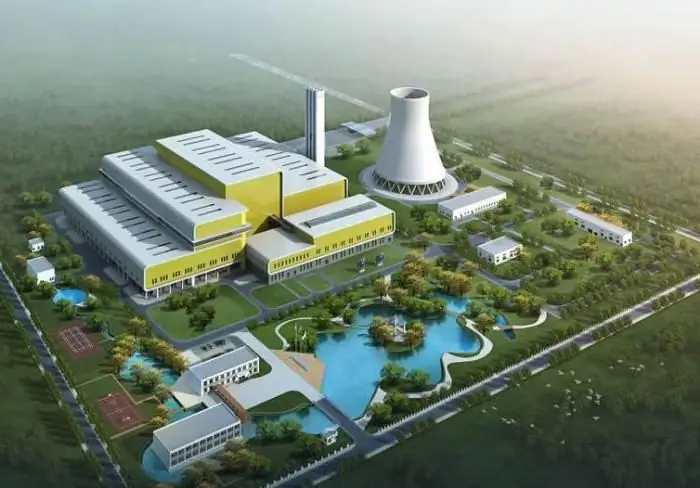
Problems of the harmful effects of industry on the environment have been worrying environmentalists for a long time. Along with modern means of organizing effective methods for the disposal of hazardous waste, options are being developed to minimize the initial damage to the environment
Waste incineration plant: technological process. Waste incineration plants in Moscow and Moscow region
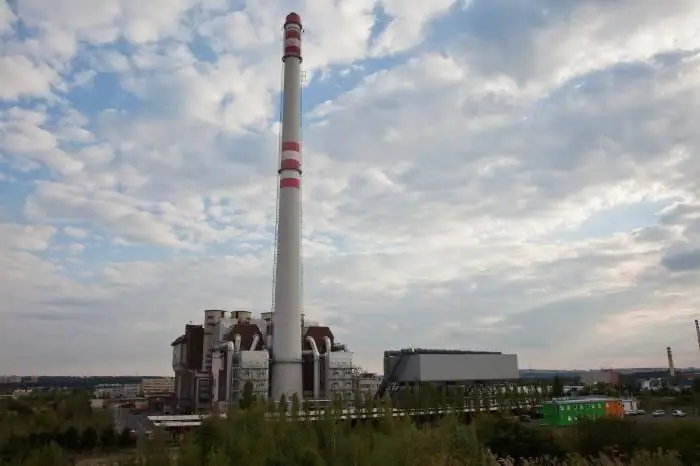
Waste incinerators have long been controversial. At the moment, they are the cheapest and most affordable way to recycle waste, but far from the safest. Every year, 70 tons of garbage appears in Russia, which needs to be removed somewhere. Factories become a way out, but at the same time the Earth's atmosphere is exposed to enormous pollution. What waste incineration plants exist and is it possible to stop the waste epidemic in Russia?
Solid fuel is Types, characteristics and production of solid fuel
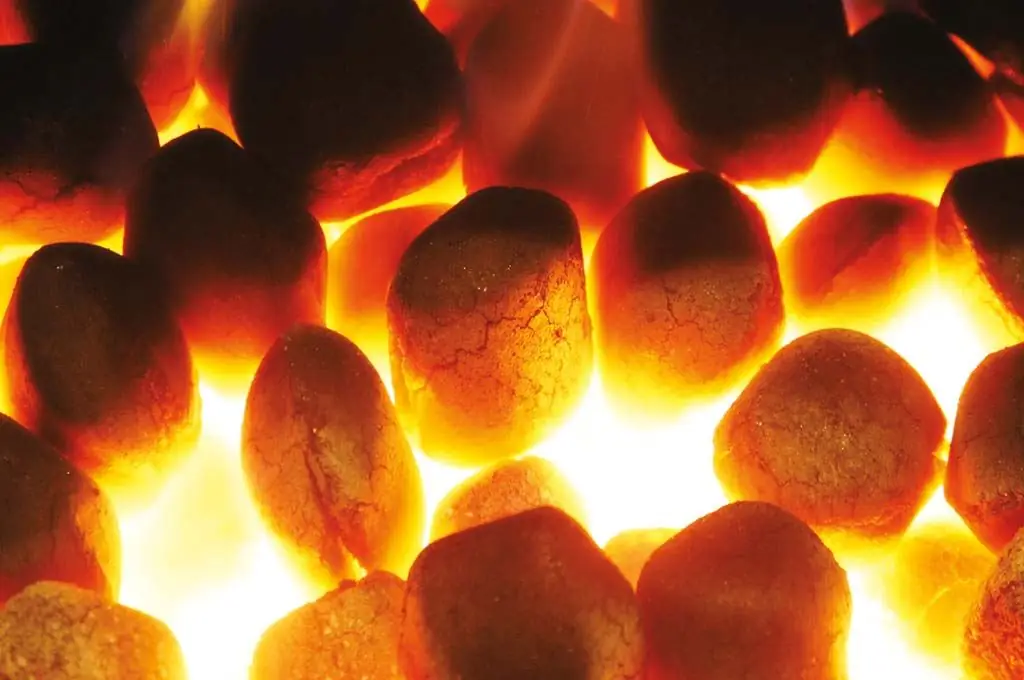
Non-fossil solid fuel based on wood and industrial waste - affordable and efficient fuel. The modern market offers a wide range of solid fuels, differing in efficiency and characteristics
Waste sorting complex: equipment for sorting and processing household waste
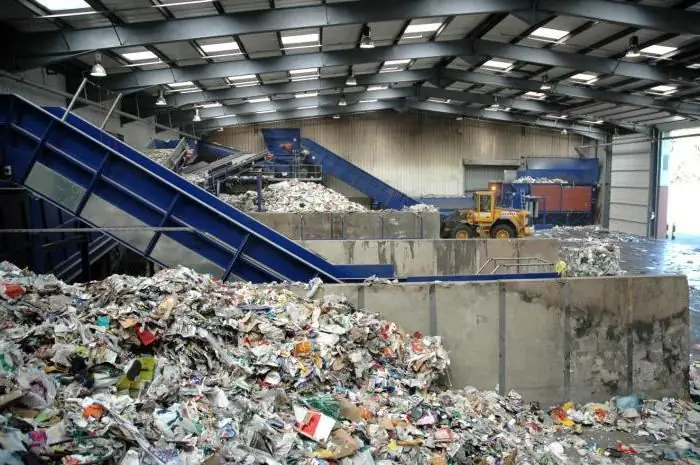
The article is devoted to waste sorting complexes. The features of this equipment, the technological steps performed, etc. are considered
Classification of production and consumption waste. Classification of waste by hazard class
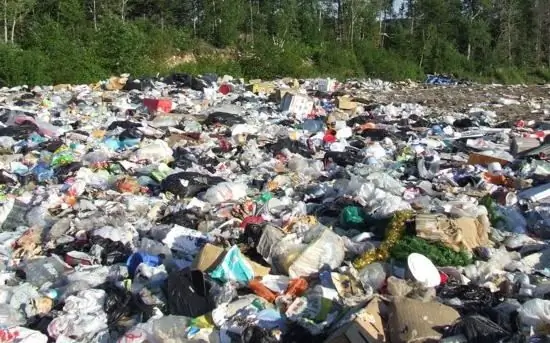
There is no general classification of consumption and production waste. Therefore, for convenience, the basic principles of such a separation are often used, which will be discussed in this article

